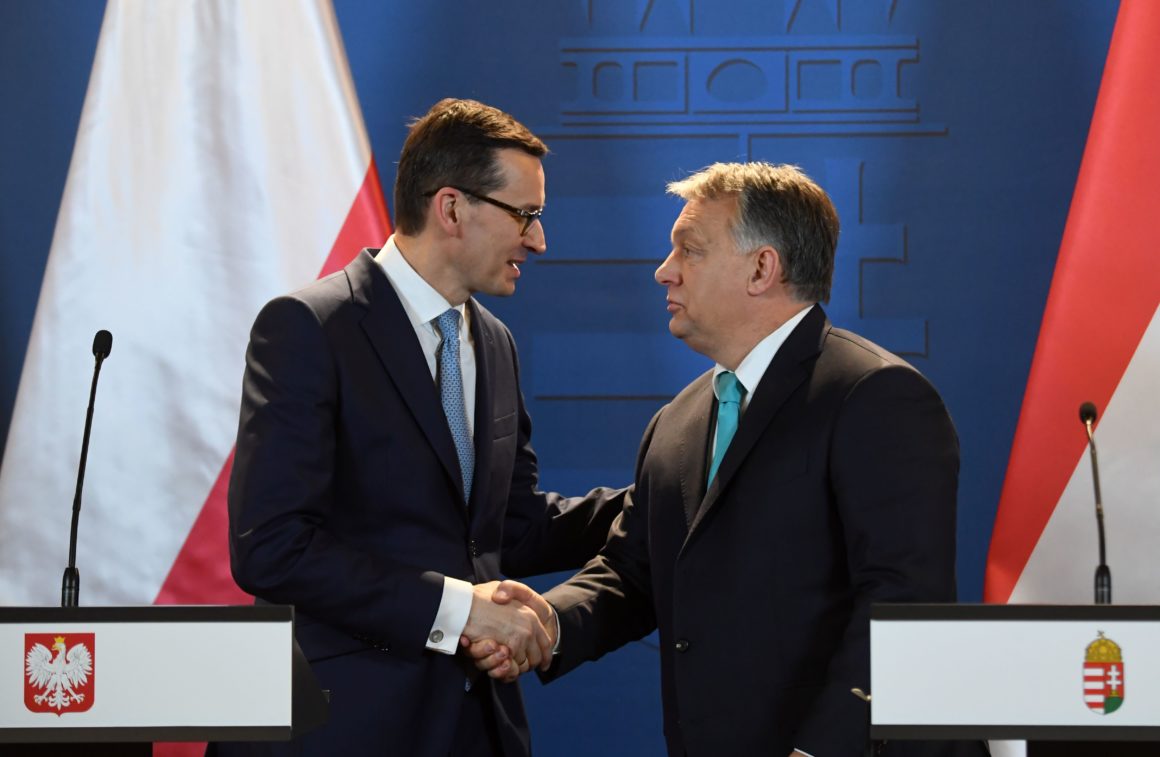In Eurozine, historian and literary scholar Aleida Assmann offers a compelling and nuanced explanation for why right-wing authoritarianism is on the rise in Eastern European countries like Hungary and Poland. Her piece is a response to another Eurozine article by legal scholar Stephen Holmes and political scientist Ivan Krastev that proposed its own explanation for this development; they argued that the turn towards “illiberalism” in Eastern Europe represents a rejection of the “imitation imperative” imposed on the region after the Cold War, when emulating the liberalism of the West was deemed the only viable option. Dismissing this explanation as “reckless,” Assmann instead suggests that it is not so much “liberalism” that is being rejected, but rather “neoliberalism.” Here’s an excerpt:
Krastev and Holmes characterise the illiberal transformation of eastern European democracies into authoritarian systems as a ‘counterrevolution against liberalism’. But setting up the ‘liberal versus illiberal’ opposition is not enough. To complete the picture, and to get a better handle on the collective psychology referenced by the authors, we need to add the term ‘neoliberal’.
What eastern and central European dissidents hoped and fought for was liberal democracy; but what they got was a neoliberal economic order that opened up new opportunities for the globalisation of capital. This was the other side of the 1989 coin. The process began in the 1970s in parallel to the Helsinki Final Act. The starting gun was fired by Ronald Reagan and Margaret Thatcher, who laid the foundations of unchecked neoliberalism. In this sense, capitalism was indeed victorious. Ever since, there has been no overarching strategy for closing the gap between increasing wealth and increasing poverty. In the process, German reunification erased many traces of the history of the East and the biographies of its citizens. Criticism of the repressive and doctrinaire GDR regime, justified as it was, tended to overlook this. Moreover, we should not forget that, for all its problems, state socialism also guaranteed rights to housing, healthcare and education. Though standards were often low, and higher education was withheld from bourgeois and dissident students, these rights were as self-evident in the East as free speech was in the West. With neoliberalism, all that ended.
A rift is opening up between ‘liberal’ in the sense of democratic, and ‘neoliberal’ in the sense of the ‘politically uncontrollable functional imperatives of a global capitalism that is being driven by unregulated financial markets’. Instead of speaking of an ‘imitation imperative’, which only amplifies polarisation between East and West, we should be discussing the possibility of a ‘solidarity imperative’ based on EU integration as a means of support and protection against global turbo-capitalism.
Image: Polish prime minister Mateusz Morawiecki, left, and his Hungarian prime minister Viktor Orbán. Via Politico Europe.
